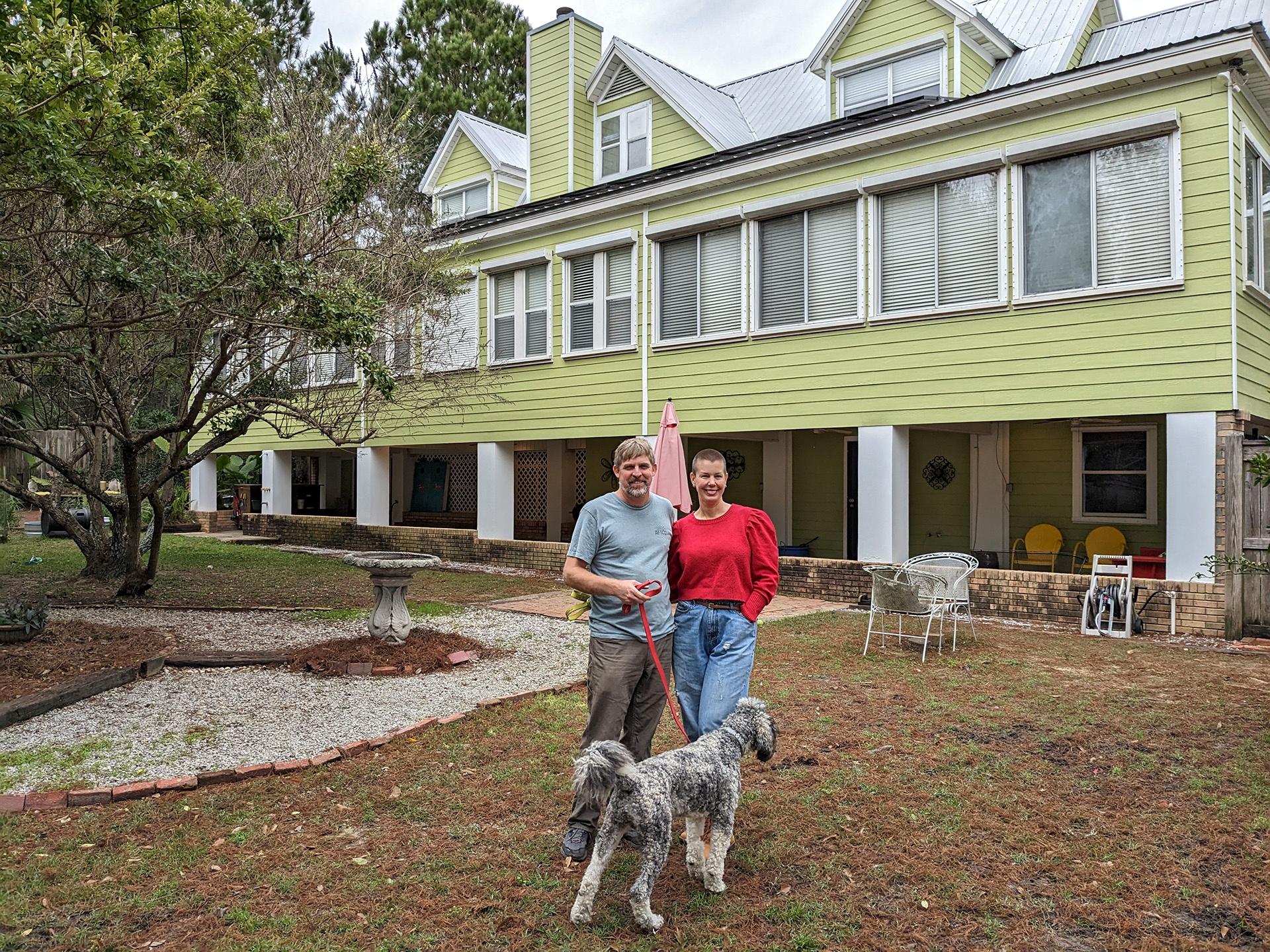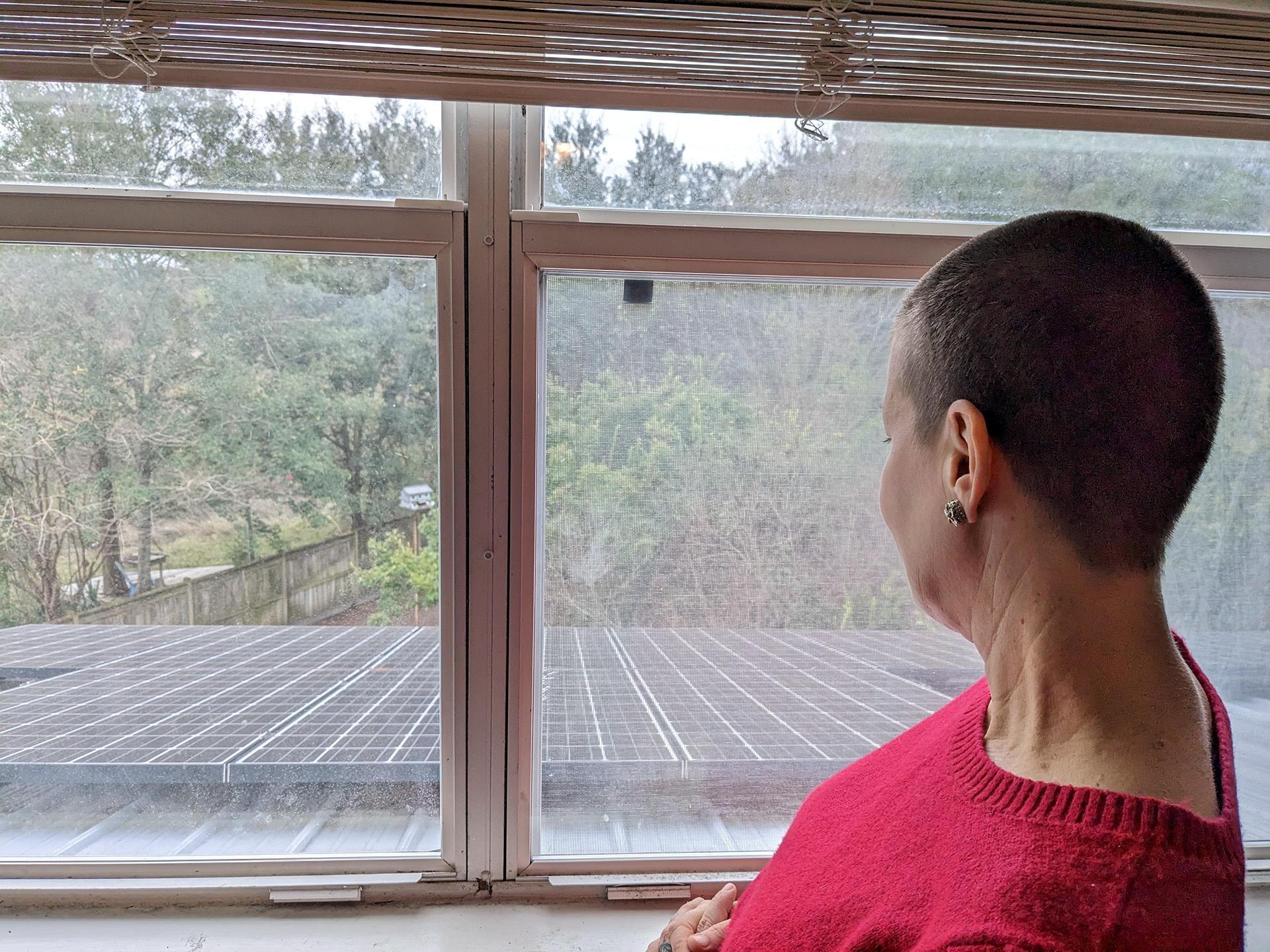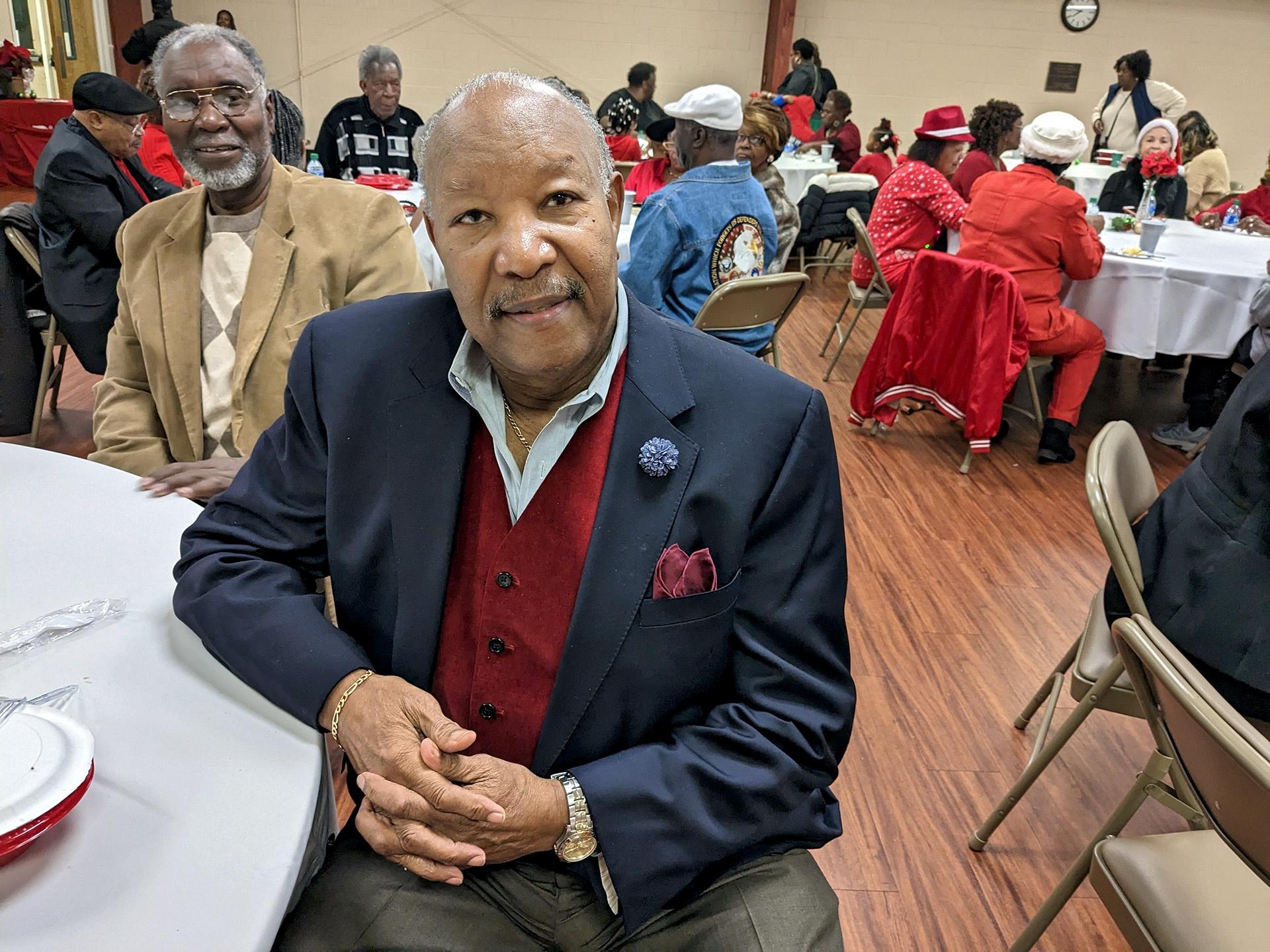Cobb sees renewable energy as an opportunity to help lower energy bills for everyone. Where he lives, Mississippi Power has a monopoly, meaning customers don’t have other energy choices. And when the Public Service Commission introduced its first set of net metering rules, which had more generous incentives such as a higher participation gap and a slightly higher rebate, both Mississippi Power and Entergy challenged those rules, leading the commission to change them.
Cobb believes the solution is for communities to create their own solar programs.
“There has to be some kind of program that's being bought in by cities and counties and local areas to have a solar area,” Cobb said. “Whether it be a solar field, whether it be a solar plant, something that could bring down the costs that we are paying for energy right now.”
One group, the Steps Coalition, is working alongside partners like the Sierra Club and the Gulf Coast Community Foundation to develop a community solar farm in the Mississippi Gulf Coast area.
They’ve set aside $3 million to build a 1.5- to 2-megawatt solar farm, which could potentially provide low-cost electricity to up to 500 low-income homes, said Jonathan Green, the executive director of the coalition. But the current rules make it expensive to get the project off the ground, in part because it costs a lot of money to connect to the public power grid.
“At the end of the day, we've got to have some successful models in the state,” Green said. “And I think that once we can start up some successful models, then we'll start to see momentum.”
Part of building that momentum is creating a collective of organizations committed to supporting renewable energy in Mississippi. During hearings for the new net metering rules, pro-solar groups and advocates came out to show their support for better rules.
Those groups plan to keep pushing residents to stay engaged, especially low-income Mississippians.
This story was produced by the Gulf States Newsroom, a collaboration between Mississippi Public Broadcasting, WBHM in Alabama, WWNO and WRKF in Louisiana and NPR.






